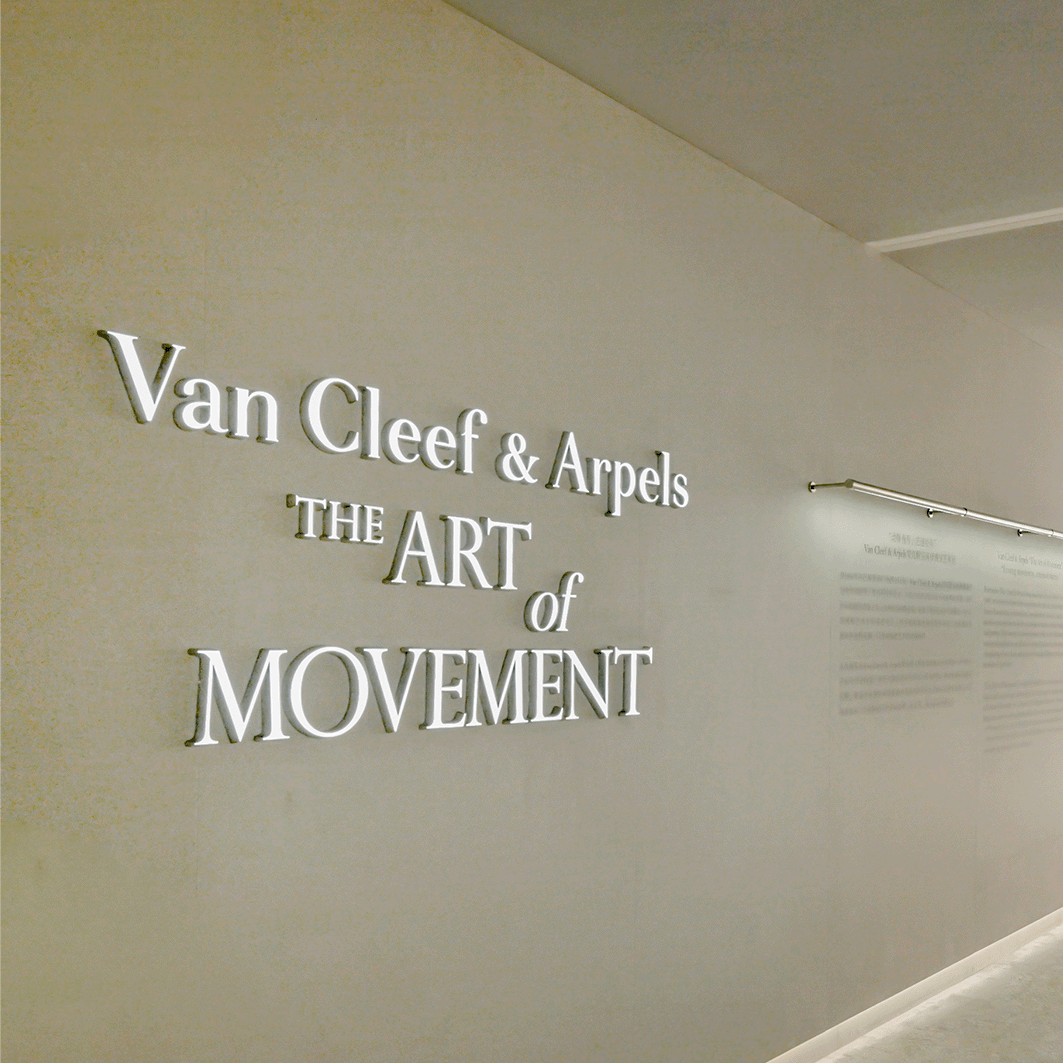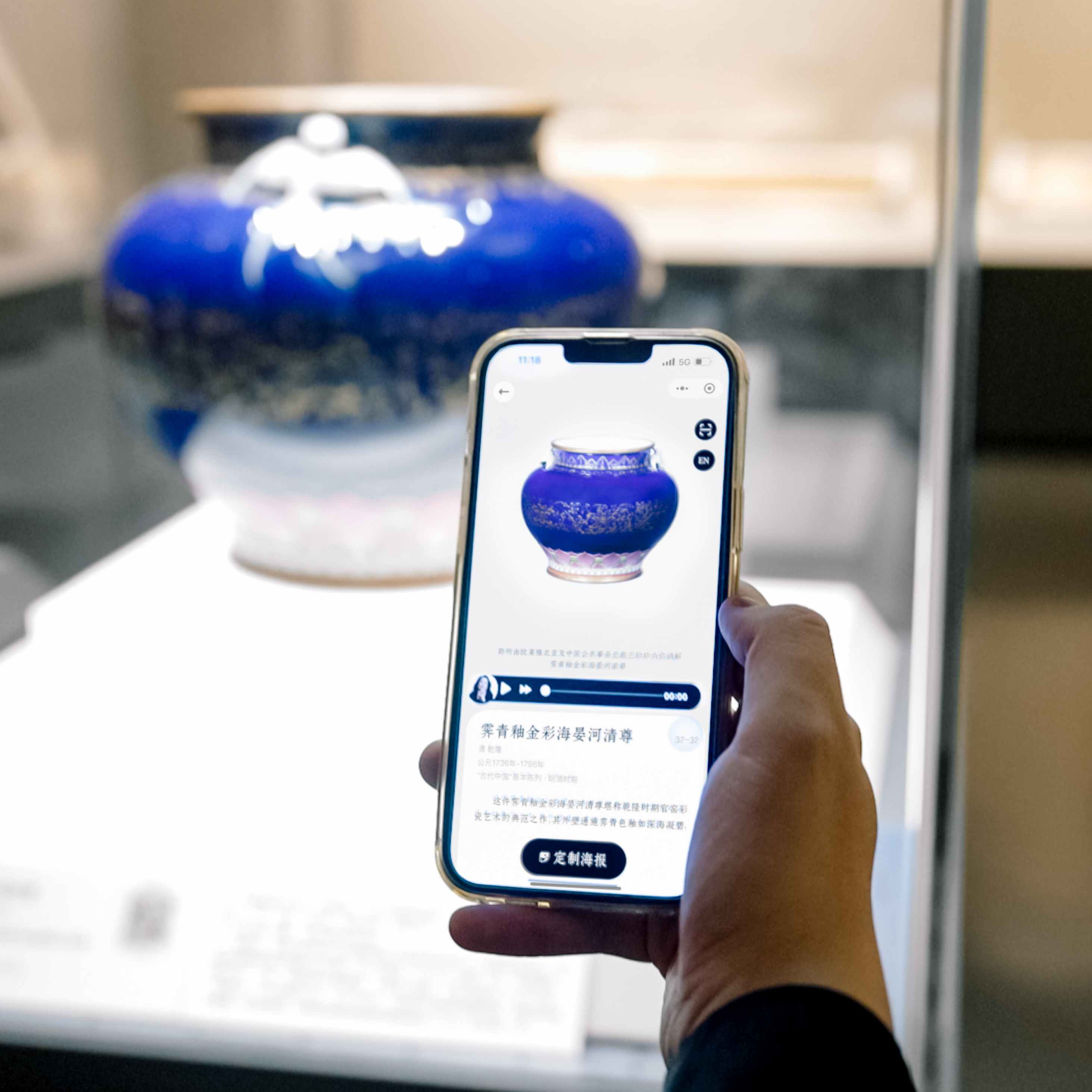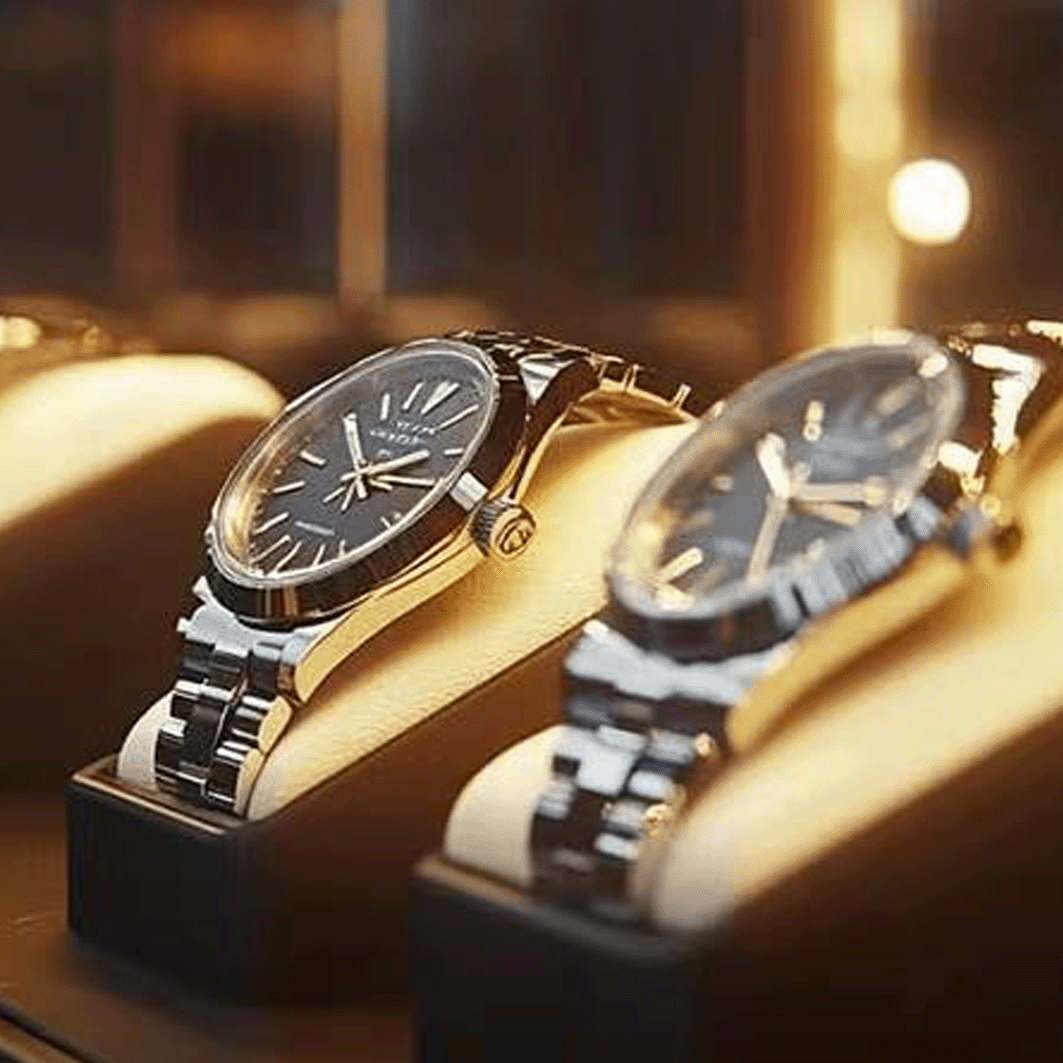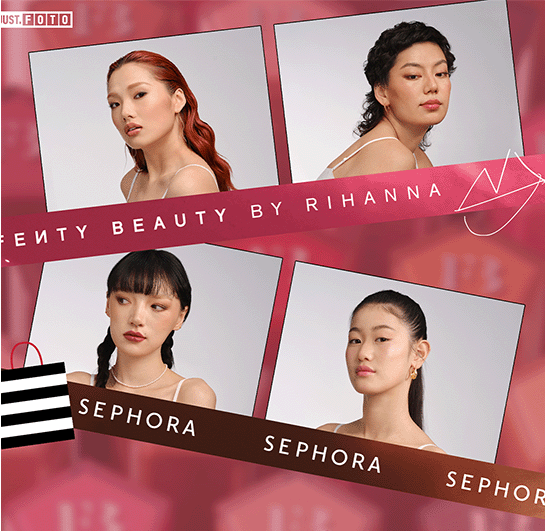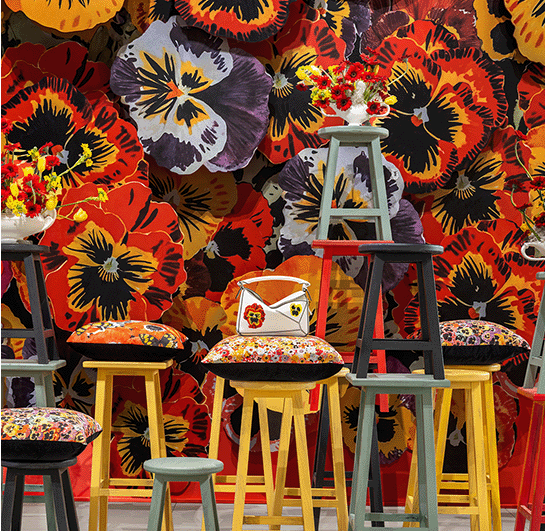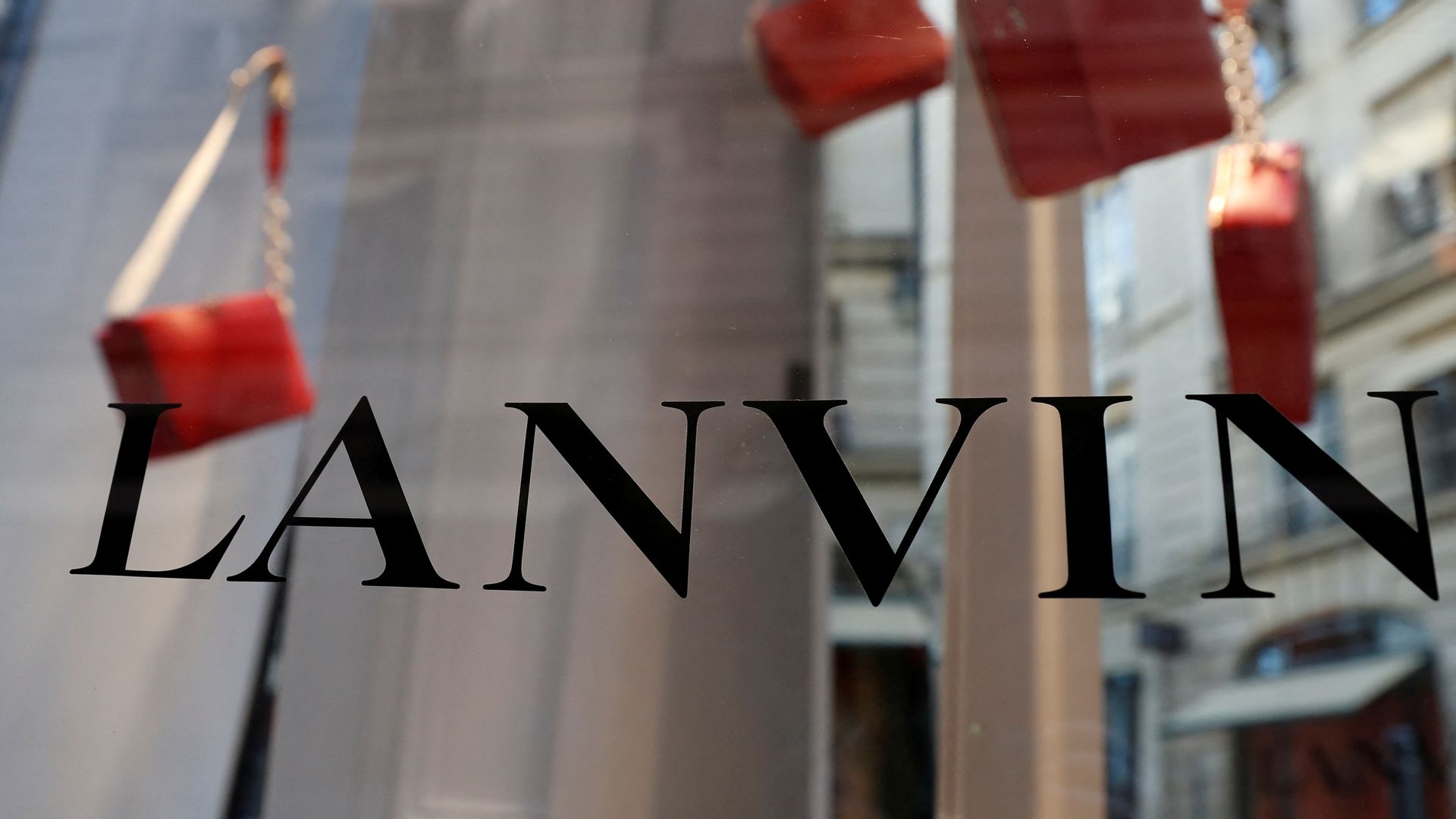- FEATURE
- |
- MERGERS & ACQUISITIONS
- |
- FINANCIAL
- |
- MARKETING
- |
- RETAIL
- |
- ESG-SUSTAINABILITY
- |
- LIFESTYLE
- |
-
MORE

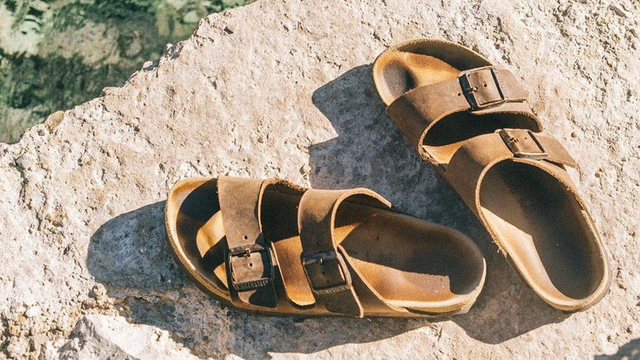
The rumors first appeared in early July. Two months later, Birkenstock has officially confirmed its attempt to launch an IPO. It has submitted an application to the U.S. Securities and Exchange Commission.
During the period when everything was still just hearsay, there was speculation that Birkenstock's valuation could exceed $8 billion. To put that in perspective, the final purchase price of LVMH's acquisition of Tiffany was $15.8 billion, and Estée Lauder's acquisition of the Tom Ford brand was for $2.8 billion. For companies that have similarly experienced unexpected growth due to the pandemic, the success and outcome of Birkenstock's IPO will be an important market indicator. It may even once again draw attention from investors looking for potential gems in the fashion industry.
Birkenstock has clearly made extensive preparations for this IPO. <





